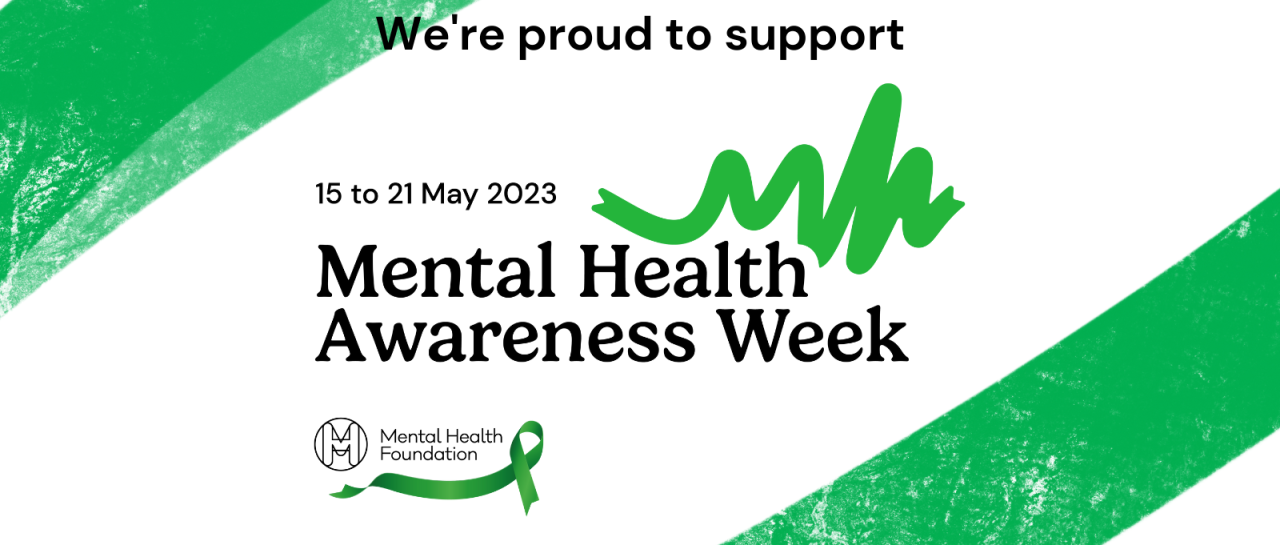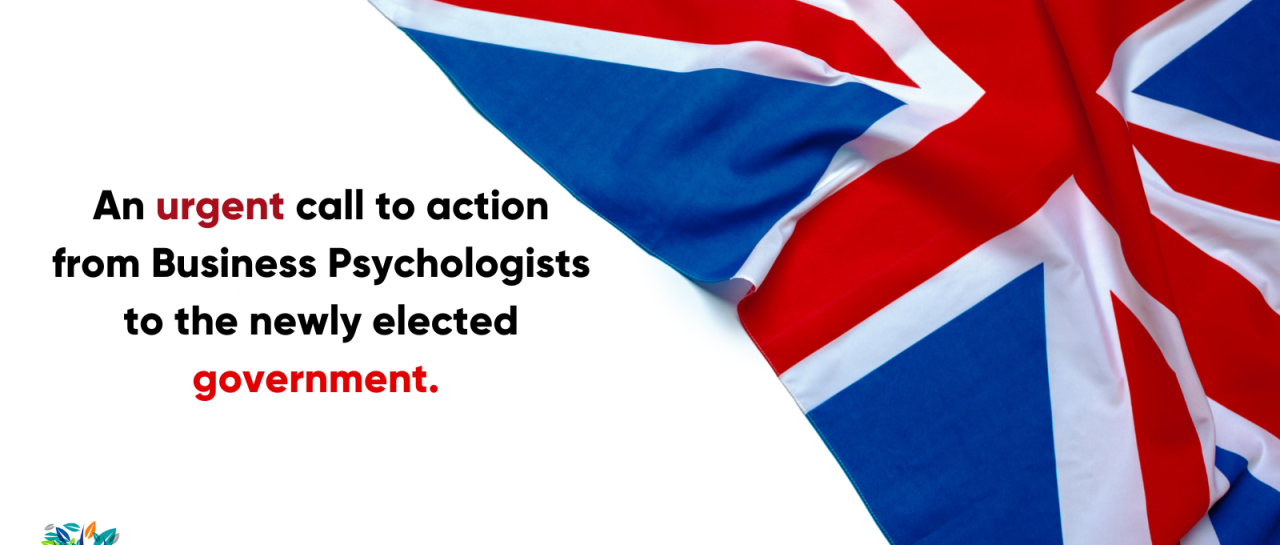Authored by Certified Business Psychologist Laura Howard. Certified Business Psychologist, Laura Howard, reflects on the webinar she recently delivered to ABP members. Below she outlines the main findings of her published research uncovering systematic barriers women face when being authentic as leaders. Importantly, she gives…

Authored by ABP Board Member Claire Lish (Head of Professional Development)
It’s not all about the fruit…
Anxiety is the theme of Mental Health Awareness Week 2023, and it is a timely reminder that it’s not just about surviving in our workplaces but thriving. It is also a reminder that when you are looking at your wellbeing offering for employees, fruit is not the panacea to your woes.
Anxiety is a common emotion that is tied to our human experience. It is a universal companion that visits us all from time to time, reminding us of our hopes, our dreams, and our fears. This week, as we take a pause to reflect on mental health, the theme is not about eradicating anxiety, but learning to navigate its waves with courage and grace.
In the work setting, we need to focus on cultivating spaces that nourish our minds, as well as our professional ambitions, and we also need to remember that anxiety is not a sign of weakness, but a human response to stress. Leaning into anxiety to recognise and address its sources in our professional lives is not just good for the individual, it is good for business. Because when we care for our minds, we are at our most creative, productive, and engaged.
While efforts have been made to address mental health concerns at work, it is crucial to recognise that simply providing fruit bowls or other superficial perks will not effectively tackle the root causes of work-related anxiety. Instead, organisations need to focus on revaluating the structure of work to create a more supportive and mentally healthy workplace.
“Anxiety does not empty tomorrow of its sorrows, but only empties today of its strength.” – Charles Spurgeon
Tips for the workplace
Understanding the Impact of Work Structure on Anxiety
Overworking and Burnout: Excessive workloads, long hours, and unrealistic expectations can contribute to heightened anxiety levels among employees.
Lack of Autonomy and Control: A rigid work structure with limited decision-making authority can lead to feelings of powerlessness and increased anxiety.
Poor Work-Life Balance: An imbalance between work and personal life can generate chronic stress and anxiety, negatively impacting mental well-being.
The Fallacy of Fruit Bowls: Superficial Solutions to Complex Problems:
The Rise of Perks Culture: Many organisations have adopted superficial perks like fruit bowls, ping-pong tables, or gym memberships as a response to mental health concerns. While these initiatives may provide temporary relief, they do not address the underlying structural issues causing anxiety.
The Importance of Holistic Approaches: Instead of relying solely on quick fixes, organisations need to adopt a holistic approach that incorporates changes to work structure and culture.
Creating a Supportive Work Environment:
Encouraging Open Communication: Fostering a culture of open dialogue allows employees to express their concerns and seek support without fear of judgment or reprisal. Keep your workspace authentic.
Promoting Work-Life Integration: Encouraging flexible work arrangements and promoting a healthy work-life balance can help alleviate anxiety and improve overall well-being. Perhaps you could even be bold and implement the four-day week which was found to increase participants mental health, with rates of anxiety dropping, and 54% reporting a reduction in negative emotions. Being flexible about the work offering can help reduce stress and anxiety, particularly for staff who may be juggling personal responsibilities alongside work.
Empowering Employees: Providing opportunities for skill development, autonomy in decision-making, and a sense of ownership over their work can enhance job satisfaction and reduce anxiety levels.
Investing in Mental Health Resources:
Offering Mental Health Programs: Organizations should provide comprehensive Employee Assistance Programs that include access to counselling, therapy, and other support services.
Training Managers: Equipping managers with the necessary tools and training to recognize and address mental health concerns is crucial in fostering a supportive work environment.
Normalizing Mental Health Conversations: By reducing stigma and promoting awareness, organisations can create an environment where employees feel comfortable discussing their mental health concerns.
Remember, everyone’s experience with anxiety is different. What works for one person may not work for another. It is most important to be human, be patient, be understanding, and be supportive.



